Pediatricians should carry out an eye test at some point during the first year of a baby's life, and again a few years later. But these tests are less detailed than one carried out by an eye doctor. When should you take your preschooler or school-aged child for an eye test carried out by an ophthalmologist? What are the signs that your child may need glasses?
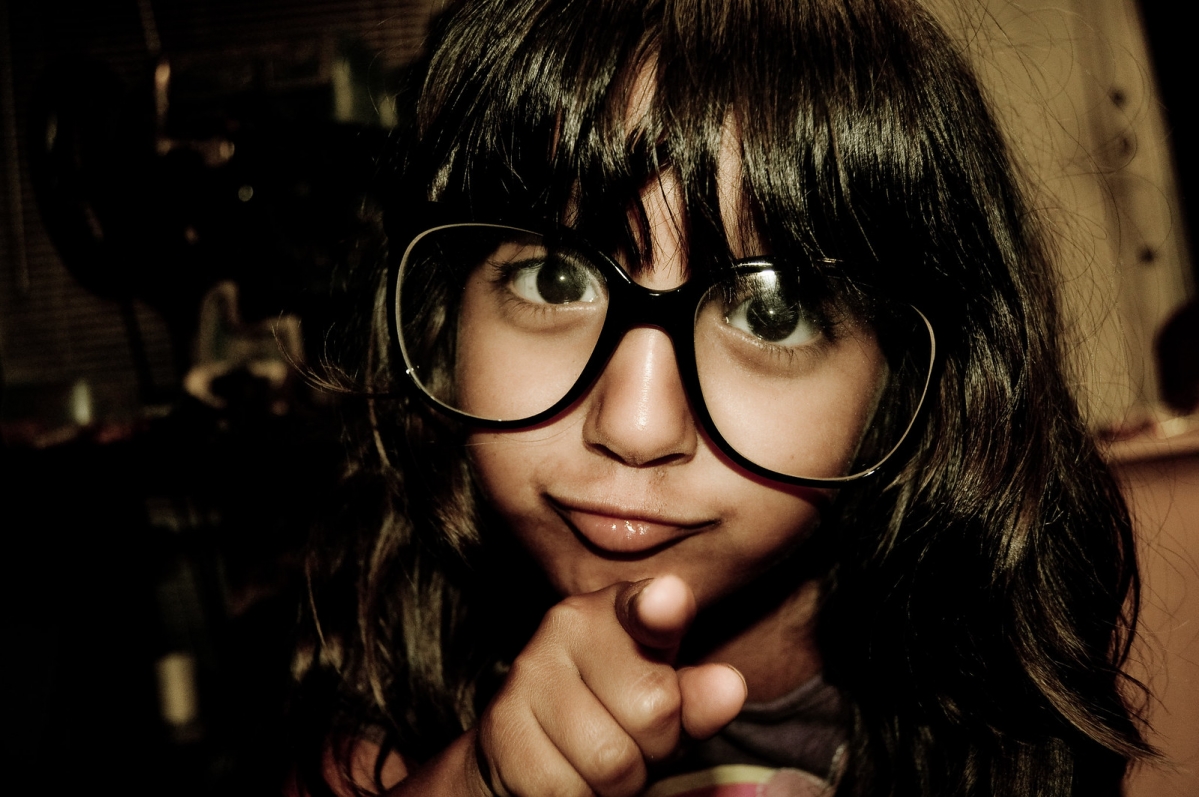
Don't assume that your pediatrician has everything covered peds do check for general eye problems like nearsightedness, farsightedness, astigmatisms and other obvious problems, but not with as much knowledge or detail as an ophthalmologist would do. For this reason, it is good to get your child checked at some point before age 5, and again when he or she enters Kindergarten or school.
Pediatric ophthalmologists will carry out a more thorough exam that will spot any problems that your child may have. Learning to read and following the teacher is really hard when you can't see properly, so getting an eye test before your child enters a classroom environment is logical.
Routine checkups are recommended, but along with those, here are some tell-tale signs that your child may needs glasses:Does your child move close to her paper while making a drawing, move a book close to her eyes to read it, or sit right in front of the television? All of these can be signs that your child simply doesn't see things in the distance get your child checked for nearsightedness. Squinting and rubbing the eyes are other physically obvious signs that something is going on. Of course, there could be other causes, including allergies.
Whatever the underlying cause is, go find out! When one eye is better than the other, many people turn their head to align the "good eye" with what they are trying to see this is a sub-conscious process that someone with bad eyesight may not be aware of at all. Children with bad eyesight suffer can suffer from headaches due to the effort that is required to see as much as possible.


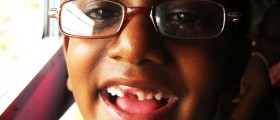
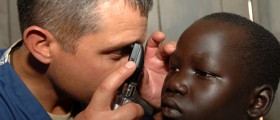
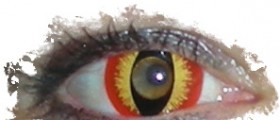
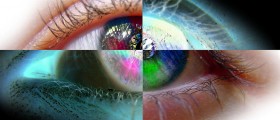

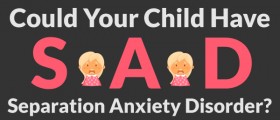

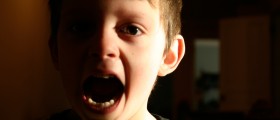
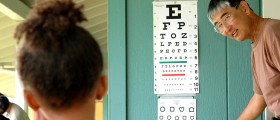
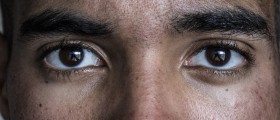
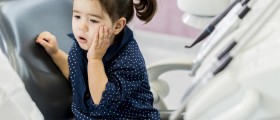

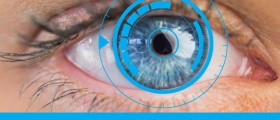
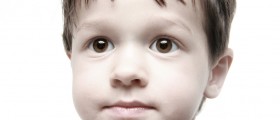
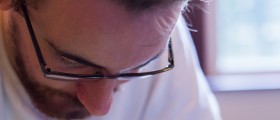
Your thoughts on this
Loading...